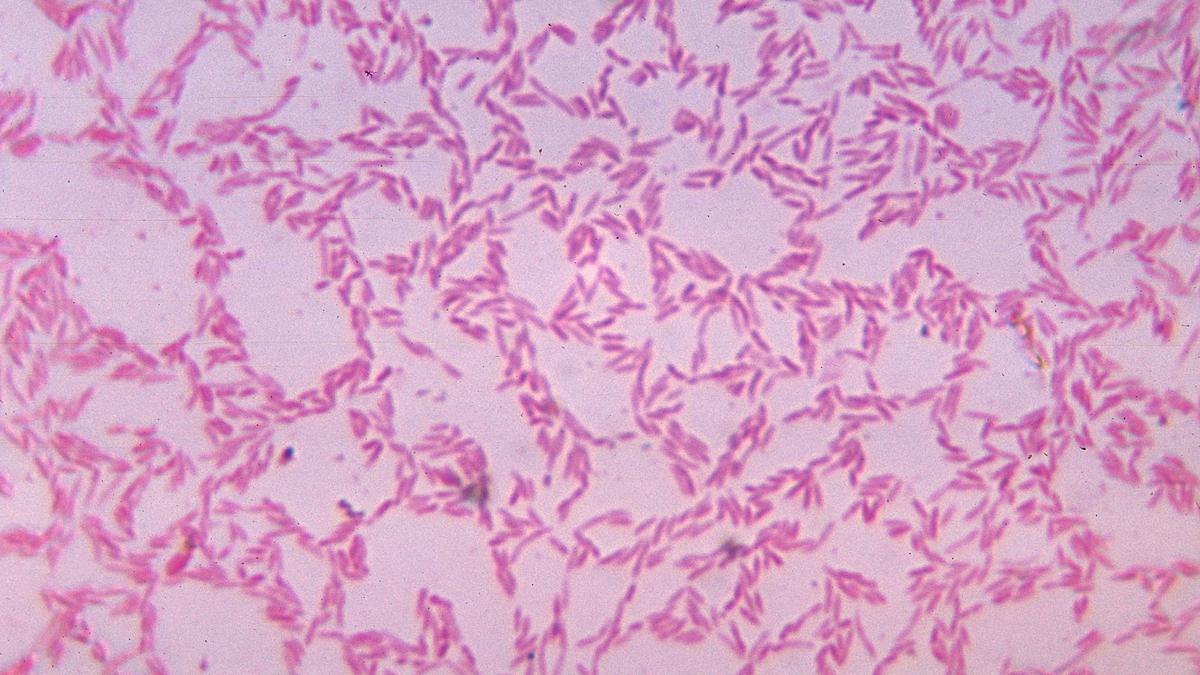
Listen to your gut – it may be telling you something about your heart | Explained Premium
The Hindu
The human microbiome, consisting of trillions of microorganisms, plays a crucial role in regulating health and diseases. Genomic studies reveal its impact on various aspects of well-being, including on heart health, colorectal cancer, and the colour of urine.
The human microbiome is a community of trillions of microorganisms that reside in our body, especially in the digestive tract. It is a dynamic community that plays a pivotal role in regulating our health and diseases.
These microbes influence various aspects of our well-being, including the way we digest food, absorb nutrients, metabolise key metabolites, develop immunity, and keep good mental health. This is why scientists have been immensely interested in understanding the intricate relationship between the human genome and the body’s microbial inhabitants.
Genomic technologies have been central to our knowledge of the human microbiome. Many microorganisms of the microbiome aren’t amenable to being studied in a scientist’s traditional way: by culturing them in a lab.
In 2012, an international consortium of scientists launched the Human Microbiome Project that provided the first glimpses into the human body’s complex microbial makeup using genome sequencing. Advancements in this technology in the last decade allowed scientists at greater revolutions than possible previously.
Today, scientists widely accept that a healthy human microbiome is essential for healthy living. For example, we know that the human gut microbiome contributes to essential physiological functions like digesting food and absorbing essential nutrients. The microbes involved in these activities also produce some of the enzymes the human body requires to function normally.
Conversely, if the population of one microbe becomes excessive or the composition of a community of microbes changes, the body can develop a variety of health conditions.
The human microbial communities also change over time. When sick people take antibiotics to treat an infection, their gut microbial compositions change significantly – and return to their ‘original’ state after some time.













